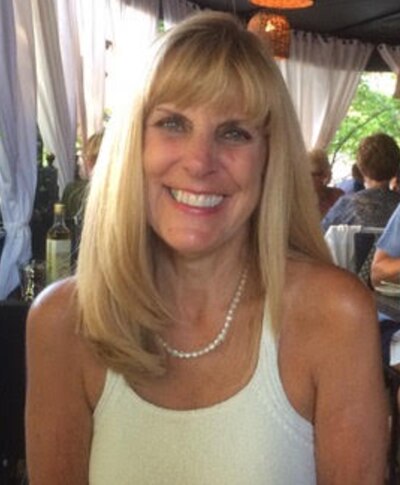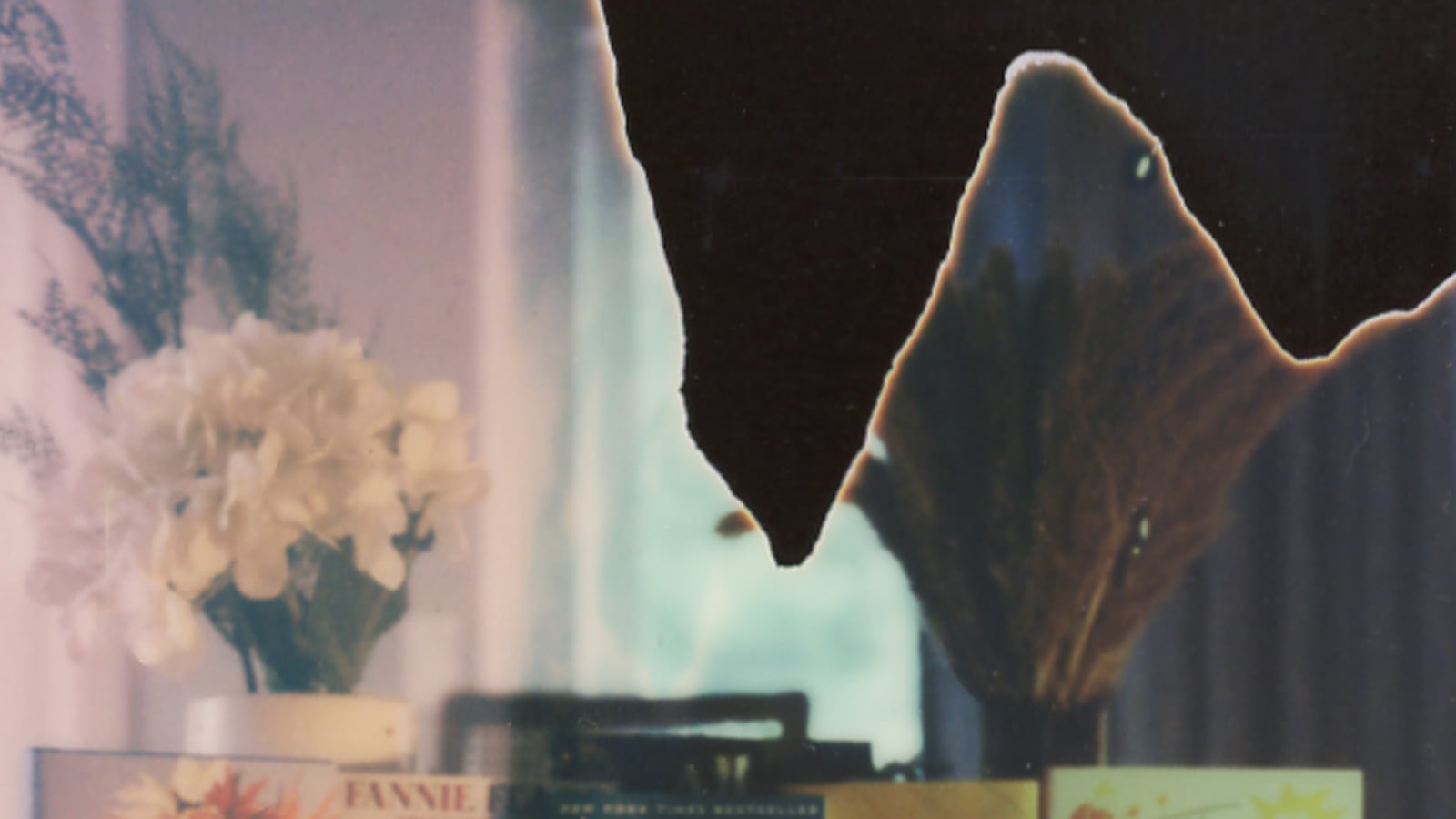It was my older brother who turned me on to books.
His enthusiasm for “Huckleberry Finn” came first. Then it was “The Swiss Family Robinson,” “The Outsiders,” “A Wrinkle in Time,” “The Grapes of Wrath,” “1984,” “To Kill a Mockingbird,” “The Great Gatsby.”
When he burst into my bedroom one evening, madly waving his copy of “The Catcher in the Rye,” I finished it in one night, riveted by a voice that channeled my 13-year-old brain. Finally, I thought, an author had given us something real, a character who validated my growing despair. It was 1968; Martin Luther King Jr. and Robert Kennedy had just been murdered, and I stood at the edge of adolescence. I felt understood.

My love of books eventually inspired me to a 33-year career in public education, first as a high school teacher and later as a professor and academic dean at a public college. Now, as I watch states and school districts sanction the removal of essential books from school libraries, I see young people being robbed of their own heroes and anti-heroes, or kept from a frank look at our history in the interest of whitewashing truths. The effect on education is only one casualty; the effect on personhood is the real loss.
This loss was brought into sharp focus for me as I read the words of George M. Johnson, author of a recently banned book, “All Boys Aren’t Blue.”
It stirred a painful memory from 1964. My brother and I, home alone during summer vacation, sat reading. I noticed him paging through the Life magazine he’d just pulled from the mailbox when, suddenly, he stopped short, pulling the magazine closer. I strained to see over the top, intrigued by what might be so compelling. I caught a glimpse of a few men standing in the shadows of a darkened room, a mural behind them their mirror image.
When I asked, “Whatcha reading?” he became unusually defensive. In moments, he dashed away — the magazine stashed under his arm — ran into his room and locked the door. His hasty retreat was confusing and hurtful. He almost never shut me out.
One day, I sneaked into his room hoping to get a look at whatever had upset him. I checked his bottom drawer where he kept his treasures. There, stuffed under his crayons and comics, his Communion catechism, his silver dollars, and his six-foot Teabury gum chain, I found it: the June 26 issue of Life. I paged to the article with the scary-looking men in the picture. Then I read, “These brawny young men in their leather caps, shirts, jackets and pants are practicing homosexuals … part of what they call the ‘gay world’. . . a sad and often sordid world.” I didn’t know what some of the words meant, but I knew “sad” and “sordid.”
Whenever I recall that episode, I imagine the devastating effects that language must have had on this boy I loved with my whole heart, a boy growing up gay in a small upstate New York town in the 1960s. The memory evokes the pain the hateful words must have caused him, this beautiful boy whose gayness was as much a part of his DNA as were his green eyes and thick dark hair. I remember his loneliness, his unrelenting feelings of otherness, the way others bullied and berated him. And I cannot not help but think, if only he had read these words, by George M. Johnson, instead:
“As a child, I always knew I was different,” Johnson wrote in “All Boys Aren’t Blue.” “I didn’t know what that meant at the time, but I now know it was okay to be that different kid. That being different didn’t mean something was wrong with me but that something was wrong with my cultural environment, which forced me to live my life as something I wasn’t … I learned that kids who saw me as different didn’t have an issue until society taught them to see my differences as a threat.”
“The Bluest Eye,” “The Hate U Give,” “Beloved,” “The Handmaid’s Tale,” “Flamer,” “The Perks of Being a Wallflower” are all among the 30 most banned books in America last school year. Number two on that list: “All Boys Aren’t Blue.”
Jennifer Boulanger is a writer living in upstate New York, who recently retired from a 33-year career in public education. Her memoir, “Unending Duet: A Sister’s Memoir of a Brother Lost to AIDS,” is forthcoming.



